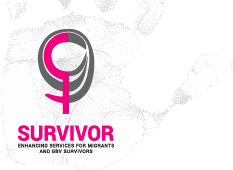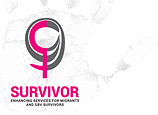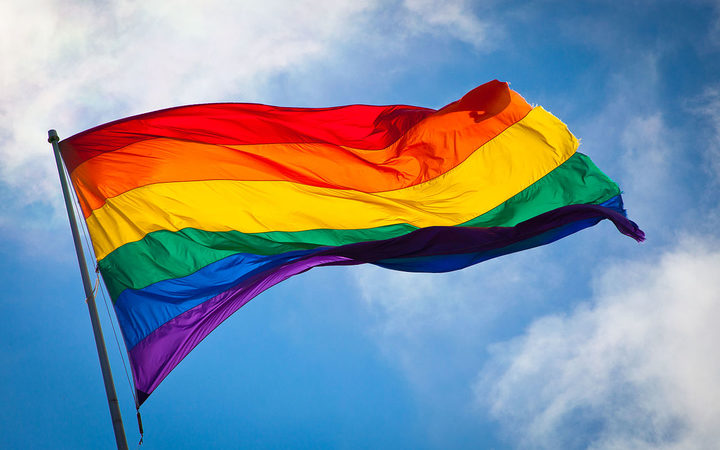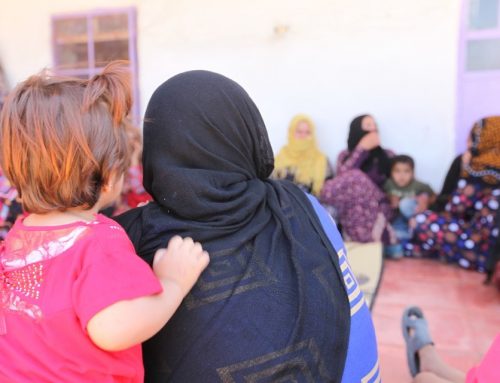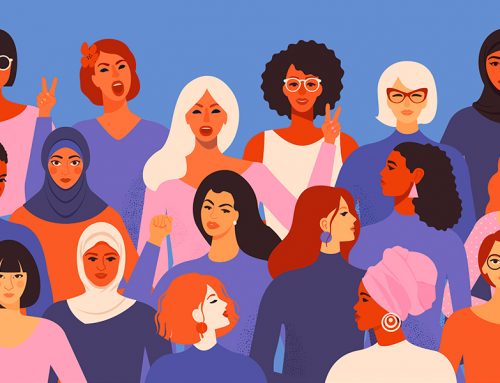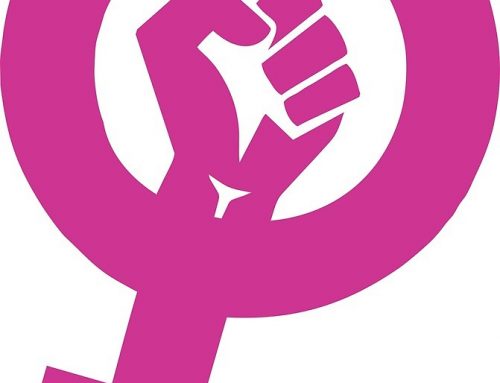European Union Agency for Fundamental Rights (FRA) publishes a report, presenting select findings from FRA’s 2019 survey on LGBTI people in the EU and North Macedonia and Serbia. “With almost 140,000 participants, it is the largest survey of its kind. It follows the agency’s first survey on LGBT people in the EU, conducted in 2012. The new survey results show little progress over the past seven years.”
“Key survey findings include:
- Openness: 6 in 10 avoid holding hands in public with their partners.
- Harassment: 2 in 5 respondents say they were harassed the year before the survey.
- Attacks: 1 in 5 trans and intersex people were physically or sexually attacked, double that of other LGBTI groups.
- Discrimination: 1 in 5 feel discriminated against at work and over 1 in 3 feel discriminated against when going out to eat, drink or being social.
- Schooling: 1 in 2 LGBTI students say someone among their peers or teachers supported LGBTI people.
- Economic situation: 1 in 3 LGBTI people say they have difficulties to make ends meet. The situation is worse for intersex and trans people (about 1 in 2).
This evidence will support the European Commission’s LGBTI Equality Strategy due this year. FRA calls on the EU and its Member States to put in place measures protecting the rights of LGBTI people, including:
- Hate crime – build a culture of zero tolerance towards violence and harassment of the LGBTI community so that LGBTI people can enjoy their right to move freely and without fear. Invest in training to ensure that police can recognise, record and properly investigate hate crimes against LGBTI people so that victims feel safe to report attacks and are treated equally.
- Reporting – make it easier for victims to report crimes and discrimination through online reporting tools, community liaison and police training. Adequately resource equality bodies so they can effectively support victims of discrimination.
- Discrimination – adopt the Equal Treatment Directive to extend protection against discrimination beyond employment. Realise comprehensive national actions plans to promote respect for rights of LGBTI people across all areas of life.
- Schooling – create safe and supportive environment for young LGBTI people at school. Help schools and teachers to share experiences, counter bullying of LGBTI students and ensure educational materials do not equate being LGBTI with having a disease.
- Lead by example – everyone can play their part so that equality becomes a reality.”
To read the entire report click here or download it directly A long way to go for LGBTI equality
